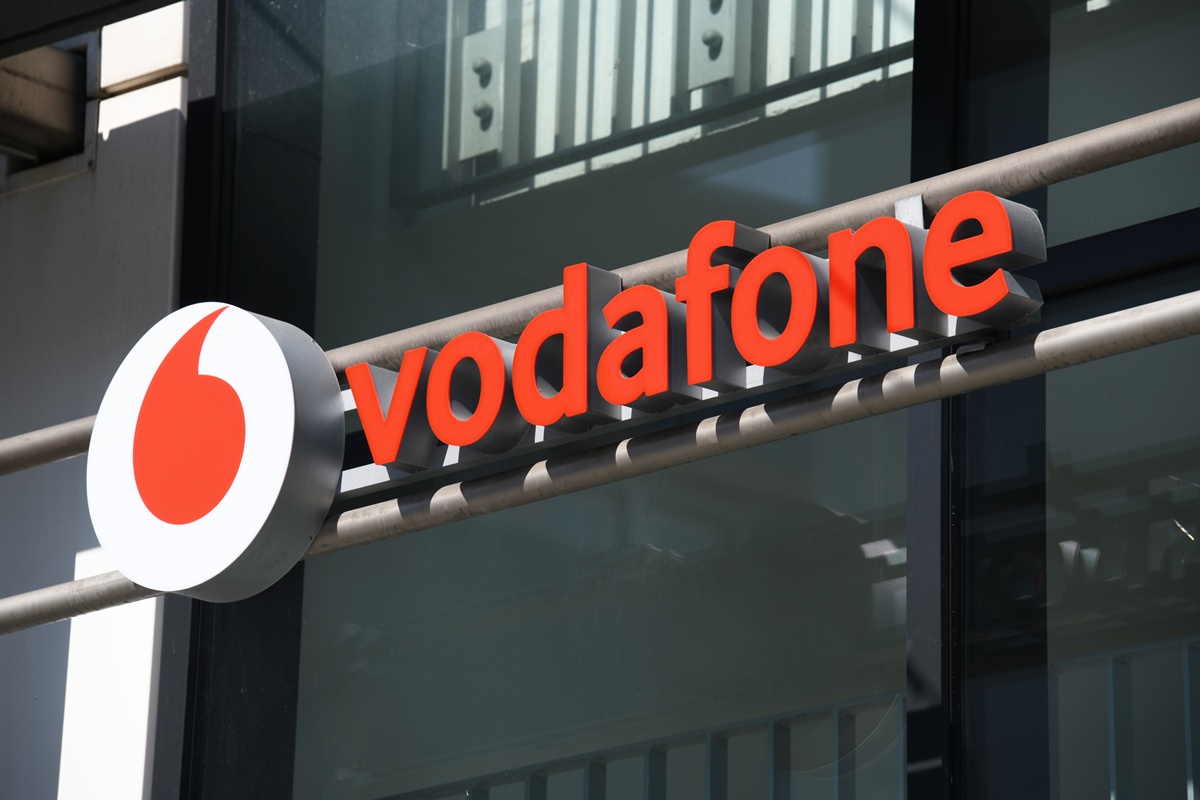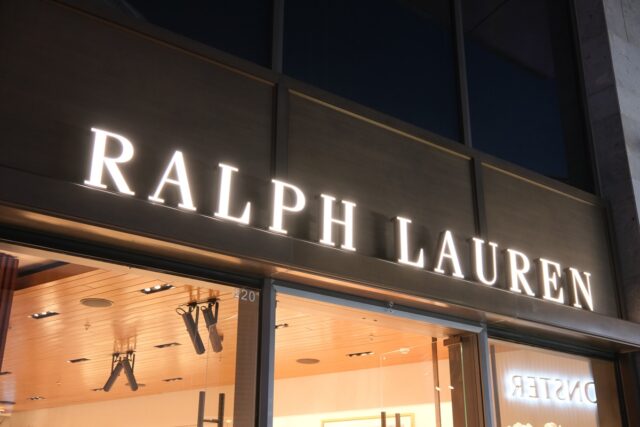October 23, 2025
Vodafone Spain and Twilio Bring Richer, Safer Customer Messaging to Businesses

Vodafone Spain has joined forces with Twilio to introduce Rich Communication Services (RCS) messaging to businesses across Spain, setting a new benchmark for digital engagement. The move aims to help companies replace static text messages with secure, interactive, and visually rich conversations that strengthen customer relationships.
According to Twilio’s State of Customer Engagement 2025 report, 81 percent of consumers prefer RCS over SMS, while 71 percent of businesses plan to adopt it in the coming year. The findings reflect a broader shift in how people expect to interact with brands. Forget one-way notifications and go for personalised, two-way conversations.
RCS Could Help Brands Stay Relevant
RCS enhances the traditional messaging experience by supporting multimedia content such as images, videos, and GIFs, along with branded elements like company logos and verified sender badges. This combination turns a standard message into something closer to an app-like experience, which encourages immediate interaction. Customers can complete purchases, book services, or respond to surveys without ever leaving the chat.
Security and trust are key parts of the appeal. In an era of rampant spam and phishing, verified branding within RCS allows recipients to see exactly who is contacting them.
Luis Suñer, Head of Wholesale MVNOs and Third Party Deals at Vodafone Spain, said: “This technology not only greatly enhances the quality of interactions between brands and consumers, but also reinforces trust and security while enhancing brand credibility. With RCS, businesses will be able to connect with their customers in a more relevant, dynamic and effective way.”
Vodafone Spain’s collaboration with Twilio is expected to speed up RCS adoption in the country. Businesses that integrate the service can track detailed engagement metrics such as open rates and interaction data, allowing them to optimise campaigns and improve their return on investment in real time. For brands that rely heavily on direct customer contact, like retailers, banks, and travel companies, the implications could be substantial.



